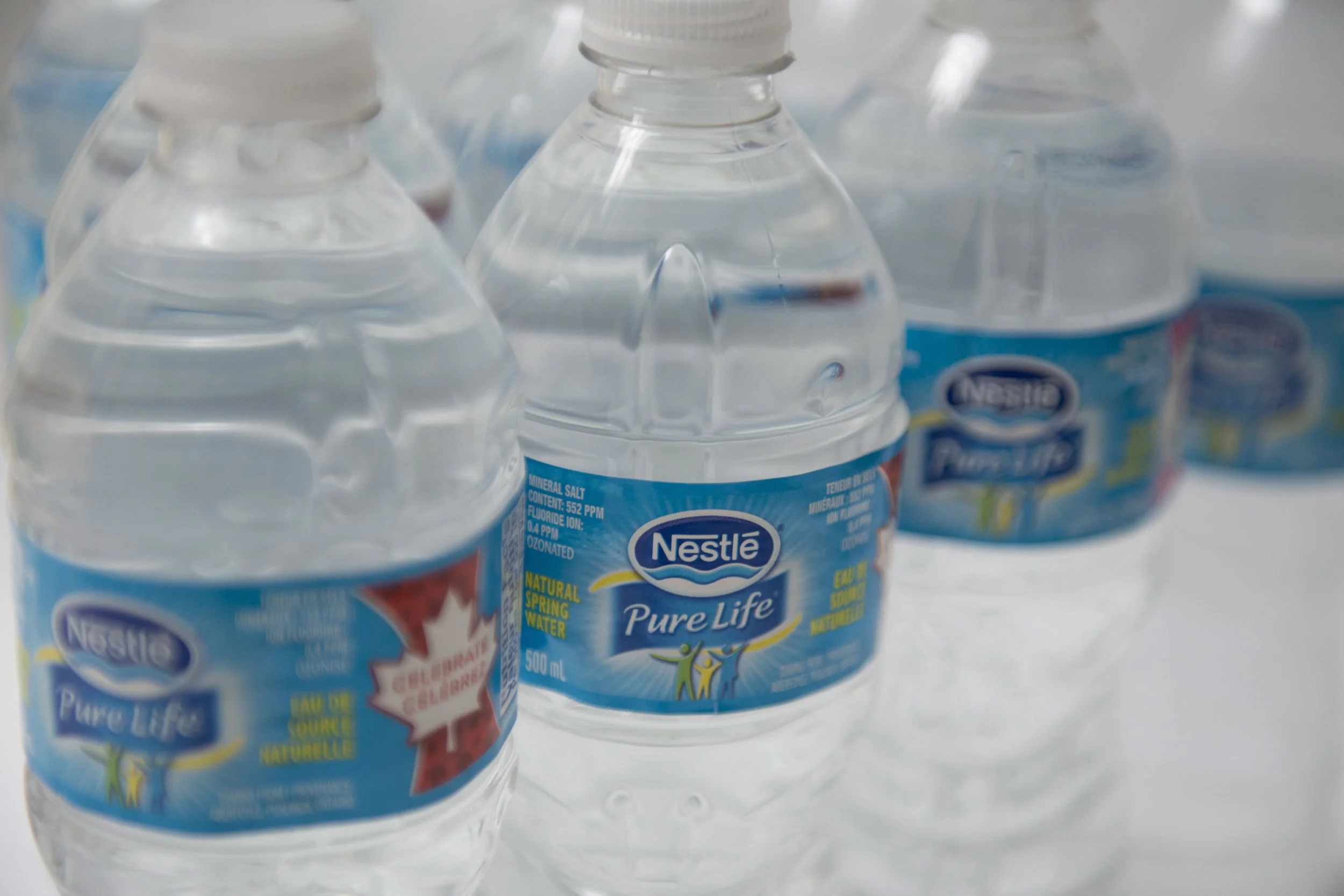The world is "running out of water," Makasa Looking Horse says, and if we don't take action soon, it will be too late. Looking Horse, from Six Nations of the Grand River in Ontario, is one of the hosts of the Ohneganos Ohnegahdę:gyo – Let's Talk about Water podcast, which won a 2021 David Suzuki Foundation Future Ground Prize. The prize recognizes youth-led movements. It's a podcast created, the Suzuki Foundation says, to "engage Indigenous communities and disseminate research findings by facilitating meaningful discussion about water issues and climate change."
From farm waste to water bottles: Biotech gets a boost
The company has partnered with major players like Danone, Nestle and Pepsi as they prepare to launch 100 per cent plant-based plastic products that are fully recyclable and 100 per cent carbon neutral. "There is a significant effort that is happening,” says Lambton College’s Vice President of Research and Innovation Mehdi Sheikhzadeh. “Across the region, across Canada, around building a clean-tech sector, but in this specific case this is a bio-clean tech sector."
Canadians drink about 2.5 billion litres of bottled water a year
Canadians drink approximately 2.5 billion litres of bottled water a year, so that is a heck of a lot of plastic bottles. While Canadians, and especially here in B.C., are pretty good at recycling theses bottles there is still a huge impact on the environment. For starters, if you factor in making the plastic bottles the water comes in, it takes manufacturers up to three litres of water to product one litre of bottled water. Then you have the energy it takes to produce the bottles from the petroleum raw materials, clean them, label them, fill them, and package them. They then have to be transported to the stores, using more energy. Then they are picked up and transported to your home, and finally disposed of.
Nestle sells North American spring water brands for US$4.3B
Swiss food giant Nestle on Tuesday announced the sale of its regional spring water brands, plus two of its other North American efforts, to One Rock Capital Partners and Metropoulos & Co for US$4.3 billion. The sale includes five of the giant's spring water brands, including Poland Spring, three of its mountain water brands, its purified water business and its United States and Canada water delivery service, ReadyRefresh, according to a statement.
Nestle sells Pure Life bottled water business as changes to Ontario groundwater rules loom
Nestle Canada Inc. says it is selling its Pure Life bottled water business to Ice River Springs as Ontario prepares to give its municipalities veto power over new water bottling permits. The sale for an undisclosed price is expected to close in the third quarter and is contingent on regulator approval. The sale includes two factories located in Puslinch, Ont., and Hope, B.C., along with a well in Erin, Ont.
Ontario proposes to extend water bottling moratorium by nine months
Ontario is proposing to extend a moratorium on water bottling permits for nine months to give the government more time to consider the science behind it. Over the past year, the government reviewed the state of water resources in key areas of the province and the effect that taking water out of the ground has on those resources, a spokesman for Environment Minister Jeff Yurek said.
Water is priceless, but not free: How much should it cost?
No Canadian pays for water – not citizens, farmers or industry. Under NAFTA first – and now the USMCA – if the government starts selling water, it becomes an exportable product, which is widely recognized as a very bad idea. What does cost money is the use of water infrastructure: things such as pipes, testing and labour. Large industrial users are charged more than residents for the privilege, but the amount collected from commercial water bottlers in Ontario has long been criticized as ridiculously low. Until 2017, the administrative fee was just $3.71 for every million litres. The provincial government now charges $503.71 for that amount.








